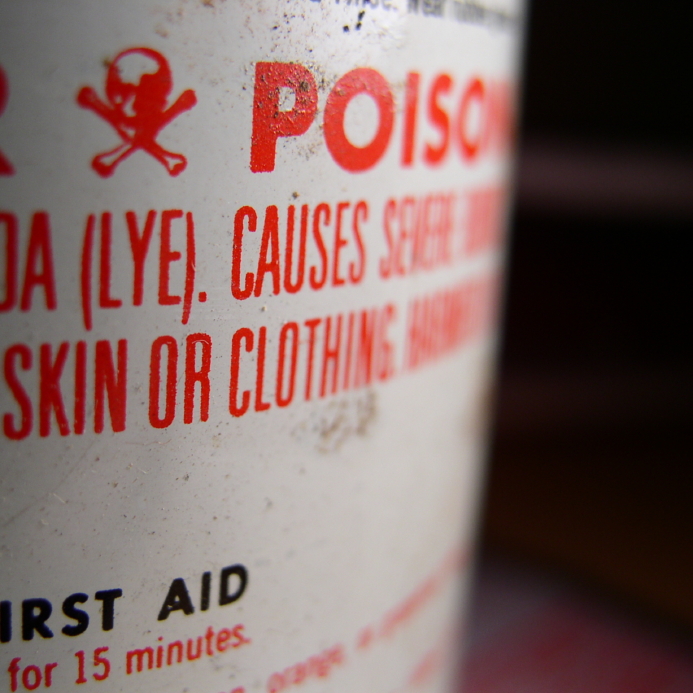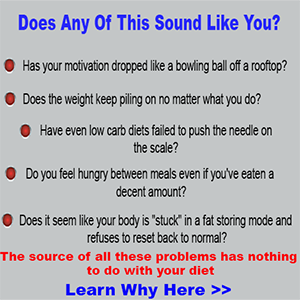Should You (or Should You NOT) Cleanse THIS From Your Diet?
...this one nasty ingredient could be causing your metabolsim to FLATLINE!
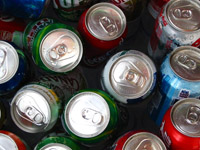 Do you know what the second-most consumed beverage is in the US?
Do you know what the second-most consumed beverage is in the US?
Well, if you don’t, let me fill you in…
It's diet soda!
And what is the number one reason a person would drink diet soda?
If you answered, "To lose weight and control calories," you would be the BIG winner.
However, there is something lurking inside of that diet soda that may create metabolic changes in your body.
And, that same ingredient has been linked to WEIGHT GAIN, diabetes, cravings for sugary foods, some cancers, and other adverse health effects.
What is this dangerous ingredient?
Non-Nutritive Sweeteners and Health
That’s right, those tiny blue, red, and yellow packets that sweeten drinks, yet are ZERO calories, are the culprit.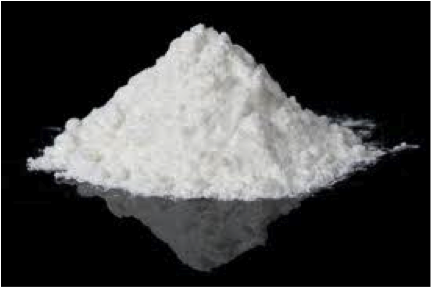
With the explosion of overweight and obese adults, the use of non-nutritive sweeteners has also exploded.
The hope is: that people will lose weight and monitor caloric intake better with the incorporation of non-nutritive sweeteners into their nutrition plans, coffees, teas, and favorite carbonated beverages.
What has happened, though, may be quite the opposite.
Non-nutritive sweeteners have been linked to weight gain, sugary cravings, and other conditions that may make it harder for your body to lose weight – or fat.
And now, according to a new study, the use of non-nutritive sweeteners may actually increase your blood sugar levels and the corresponding insulin response, therefore exposing you to possible future health issues.
The researchers evaluated the use of non-nutritive sweeteners to an oral glucose load in obese, human subjects.
Here’s what they found:
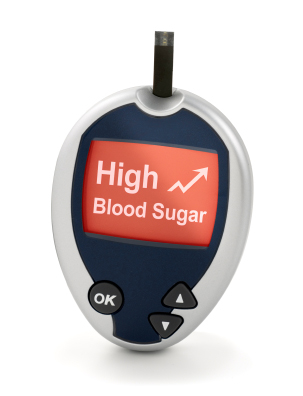 Compared to the control conditions, those who used non-nutritive sweeteners showed a greater incremental increase in peak plasma glucose concentrations. Translation: it may have led to increased blood sugar levels.
Compared to the control conditions, those who used non-nutritive sweeteners showed a greater incremental increase in peak plasma glucose concentrations. Translation: it may have led to increased blood sugar levels.
And, those using non-nutritive sweeteners showed an eight percent incremental increase in insulin area under the curve.
Plus, those using non-nutritive sweeteners showed a seven percent greater peak insulin secretion rate, and a four percent DECREASE in insulin clearance.
But the most surprising finding: there was a 20 percent DECREASE in insulin sensitivity compared to the control group.
Simply put: The use of non-nutritive sweeteners may increase blood sugar levels, plus, increase the insulin response in your body.
Now, this may be a good thing since your body may be able to clear sugar from your blood.
However, it may also create a situation that, due to high insulin secretion rate and over-exposure to insulin, could lead to your body to become resistant to insulin, therefore possibly leading to metabolic syndrome or even Type 2 Diabetes.
They concluded:
“These data demonstrate that sucralose affects the glycemic and insulin responses to an oral glucose load in obese people who do not normally consume non-nutritive sweeteners.”
Should You AVOID Non-Nutritive Sweeteners?
The explosion of overweight and obese adults and children have led to another explosion: the increased demand for non-nutritive sweeteners.
You know, the tiny blue, yellow, and pink colored packets that people put in teas and coffees.
Although they are low – or ZERO – calories, non-nutritive sweeteners may lead to a host of negative health outcomes including: weight gain, sugary cravings, and the risk for developing Type 2 Diabetes.
And, according to the results of this study, non-nutritive sweeteners may be linked to increases in blood sugar and increased exposure to extra insulin, which could lead to future health consequences.
Although there is a growing body of evidence of adverse health outcomes, more people use non-nutritive sweeteners in hopes of losing weight and monitoring their calories.
So, the question is: should you use them or not?
The choice is yours.
Be sure to SHARE this message on your favorite social media sites such as Facebook, Twitter, Pinterest, and Google +.
References:
Pepino MY, Tiemann CD, Patterson BW, Wice BM, Klein S. Sucralose Affects Glycemic and Hormonal Response to an Oral Glucose Load. Diabetes Care. 201 April 3. doi: 10.2337/dc12-2221.
About Jayson Hunter & Jaylab Pro

Jaylab Pro was founded by Registered Dietitian Jayson Hunter. Jayson has been recognized as one of America's foremost weight loss experts by America's Premier Experts™. He has also been featured in USA Today for this accomplishment. Jayson is also a best-selling author having co-authored multiple books in health & fitness and business growth. Jayson and the Jaylab Pro team are proud to create content that helps improve the lives of millions of people around the world. We hope you enjoy it just as much as others have.
 If you order a JayLabPro SmartShip product or any Combo Package, we will automatically ship you a new supply of the product or products you have ordered every month, starting 30 days after your initial order is shipped, and continuing until you cancel. The credit card you are using today will be billed the lowest available price for those product or products when your order is shipped, but shipping will be FREE. You may log into your customer account or call our customer service department toll-free at 1-888-9GETPRO (1-888-943-8776) between the hours of 8am – 9pm EST Mon-Fri to cancel future shipments, customize the timing of your shipments, or change the credit card used for billing.
If you order a JayLabPro SmartShip product or any Combo Package, we will automatically ship you a new supply of the product or products you have ordered every month, starting 30 days after your initial order is shipped, and continuing until you cancel. The credit card you are using today will be billed the lowest available price for those product or products when your order is shipped, but shipping will be FREE. You may log into your customer account or call our customer service department toll-free at 1-888-9GETPRO (1-888-943-8776) between the hours of 8am – 9pm EST Mon-Fri to cancel future shipments, customize the timing of your shipments, or change the credit card used for billing.




